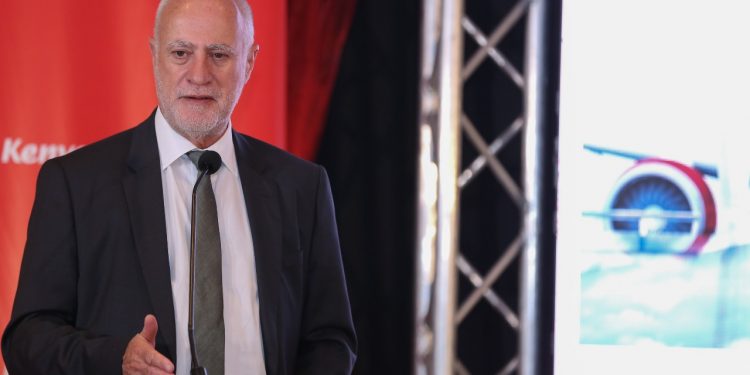KQ intends to restart and renew the fuel hedging policy to address price volatility issue, following a close review in the last 6 months.
The move will curtail the fuel price volatility that continues to be a major challenge for the airline, with 2018 having a feel of the full impact of price volatility.
Direct costs increased by 13.9% due to increased pressure on global fuel prices with current jet fuel prices up 4.6% at $90.9 per barrel at the end of last week according to IATA.
“The Hedging policy effects will be felt in the 2019 financial year, unlike an insurance cover where one pay premiums and you are protected, hedging is a market decision where we have to consult with energy houses, banks to make quotations then buy hedging instruments overtime.” says Sebastian Mikosz CEO Kenya Airways
The carrier will not only buy hedging instruments in Nairobi but gradually introduce the instruments to some of the destinations that the airline flies to.
“Clear communication on the hedging policy on the 2019 budget will be released in the course of the week.” he added
Jet fuel prices continue to soar
According to IATA there will be no significant change in oil prices over the next 12 to 18 months. World oil prices increased moderately in March, with Brent crude benchmark rising by 2.3%.
American carrier delta Airline trimmed its profit outlook citing rising price of fuel. Second quarter earnings will not exceed $1.75 per share down from a previous $2 per share
The oil price futures curve continues to suggest that financial markets do not expect significant change in oil prices over the next one and a half years. A modest decline is currently priced in by financial markets, to around $62-65 a barrel, IATA said in its latest ‘Financial Monitor’.




